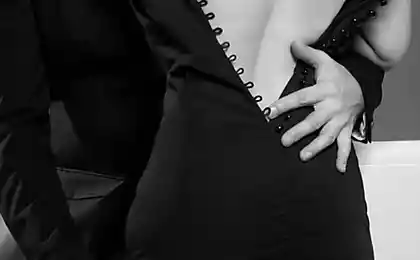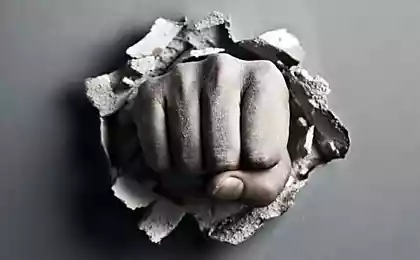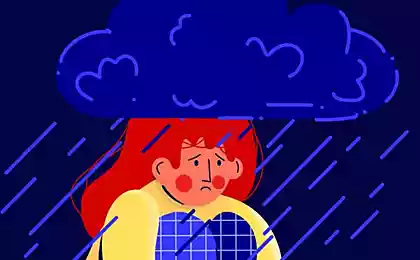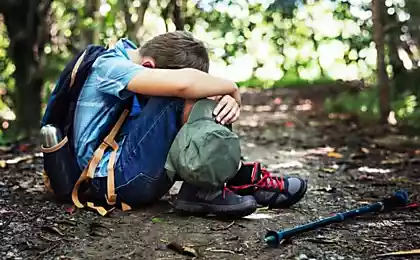700
Children's aggression - what parents need to know
In recent years, parents and educators there are many reasons to talk about the danger of child abuse. Teenager it is hard to fight for credibility, using only the strength of character and achievements in adults. Recently discuss was only possible fights in the school corridors, and now we are talking about the fact that children are taken for a real weapon.
It's easy to sort things out not only in their company, but also with teachers. Sometimes it comes to tragedies. How to recognize a child's aggression even before it brings forth its bitter fruit?
Many parents are repeatedly faced with the problem of aggression in their own child. Anger and wrath towards others can manifest at an early age and older. If the teenager has a tendency to violent acts and harsh words, the situation needs to be addressed. During the summer holidays many children have their first encounter with independence. In children's camps or language schools they have to establish communication with the same girls and boys. What can you do to ride for the child and for others passed safely.
The causes of child cruelty In the first place, aggression is the expression of emotions. It can be anger, fear, the desire to attract attention, to defend or assert themselves. It is important to understand it that way and not as a problem with which to cope. The problem lies deeper.
Reasons for aggressive behavior of the child are the moral difficulties, to overcome which the child is not ready. For example, it is difficult to adequately assess the reality and to communicate, it differs from the other or teasing peers. All this provides an opportunity to "turn the hedgehog" and use the anger as self-defense. The most dangerous are the surges in areas where the child is alone, without parents and family.
On children's aggression influences and family situation. If the parents fight with each other in the presence of a child or find out the relationship got physical, it is not surprising that the child chooses the same path. Such behavior becomes the norm, it copies the model of the family, humiliating offenders or become rude towards other people.
A strong influence on the development of children's hostility is supported by two opposite phenomena – Hyper and, on the contrary, indifference. Neither of these extremes is not conducive to a relaxed moral condition of the child. He has to fend off excessive care or, conversely, to attract the attention of evil actions.
In the same way aggression can develop the permissiveness and the conglomeration of different prohibitions. When everything is possible, the person is not in need of decision-making does not analyze before performing the action, and just does what he wants. Tyranny does not give to make their own decisions, and therefore, learn to Express themselves in other ways.
Often aggressive child is unhappy with themselves and their lives a little man that feels fear and discomfort while interacting with other children, receives less sincere parental love and support and not confident.
How to deal with children's aggression 1. The main rule to achieve any result in relation to the child unconditional love! It is important to show your son or daughter that it does not depend on life situation and his actions. It is necessary to discuss the incident and to make comments, but in any case not to blackmail the child with love. Expressing your feelings, just explain the situation, don't get personal, don't insult or humiliate the child.
2. Find a way that will help him to throw out passion. In the boy's room to hang a punching bag, in case of extreme dissatisfaction, allow the child enough to scream. In no case do not try to "drown out" his emotions, it's important to redirect the energy in a peaceful direction.
3. Do not swear at the child. If you know that someone is home-you begin to boil with passion, conduct the conversation behind closed doors. Look for ways to family conflicts impact children.
4. Please share your experience. Tell me, how do you deal with similar situations now as he did at his age. Not devalue his problem, don't call them "stupid". It could further embitter.
5. Hug. This is an effective way to relieve bouts of violence. After some time it will give a sense of security.
6. Talk. Do not attempt to build a dialogue at the moment of splash. Let it cool down and only then discuss the situation, discuss the causes and consequences, explain how to deal with the flood of emotions in such moments.
7.Praise your child. When he receives positive feedback about himself and his behavior, he strives for good deeds. He needs to understand what is good and what is bad.
8.Not to be confused views. Set clear boundaries of what is permitted. Once you child is punished for bad behavior, and at other times blew this situation on the brakes is incorrect.
9. Be calm. Do not fall into a state of anger with him. It is important for you to show their presence and participation and not to use force and physical punishment.
10. Give your child freedom. Each person needs to have a private space, responsibilities, rules, and ability to solve problems on their own. Consult, discuss, share, but don't try to "simplify life" to a child, to take on full responsibility for his decisions.
If you can establish with the child a relationship of trust and reassure him of your unconditional love, you will not have to fear neither for his safety nor for the condition of the people around him.
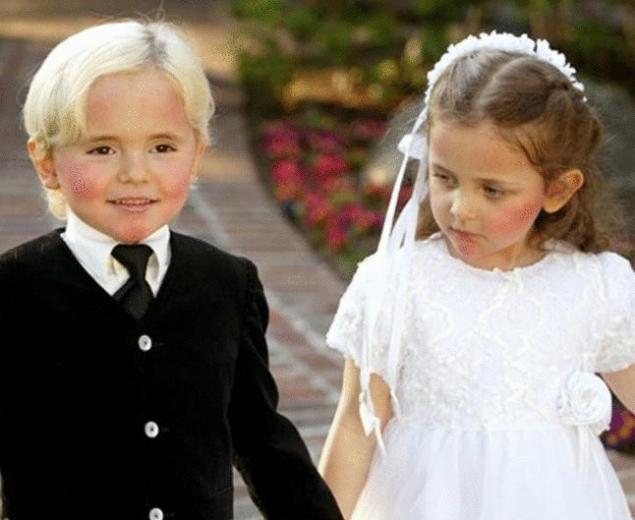
Source: domashniy.ru/
In the Netherlands, sold 10,000 Electromechanical Mitsubishi
Because of electric vehicles in the world will start to buy less oil








